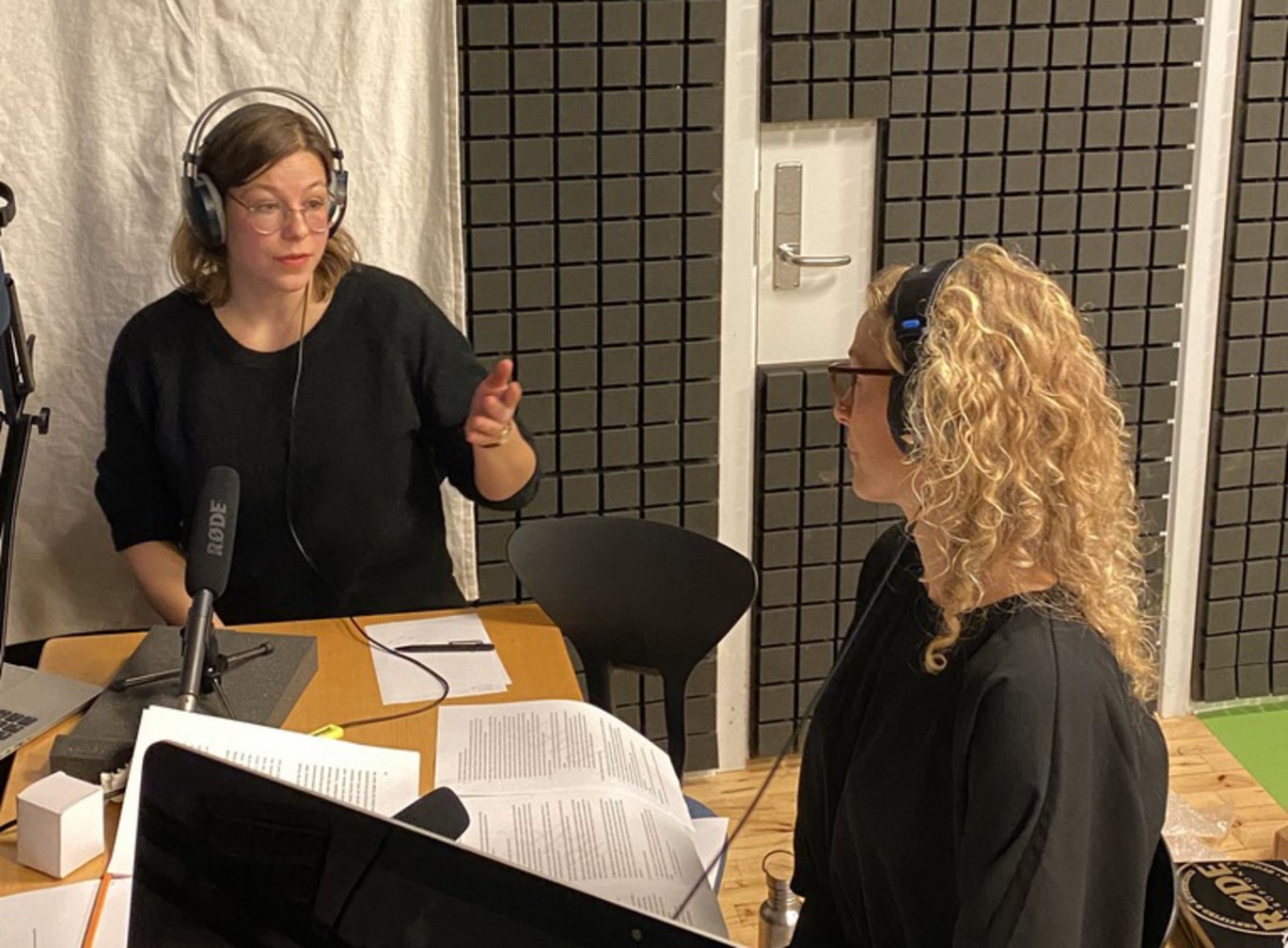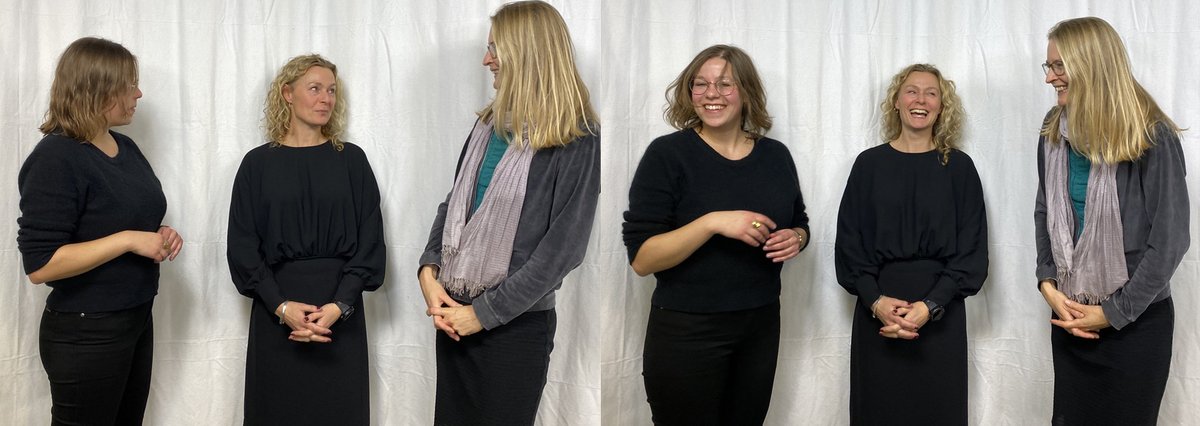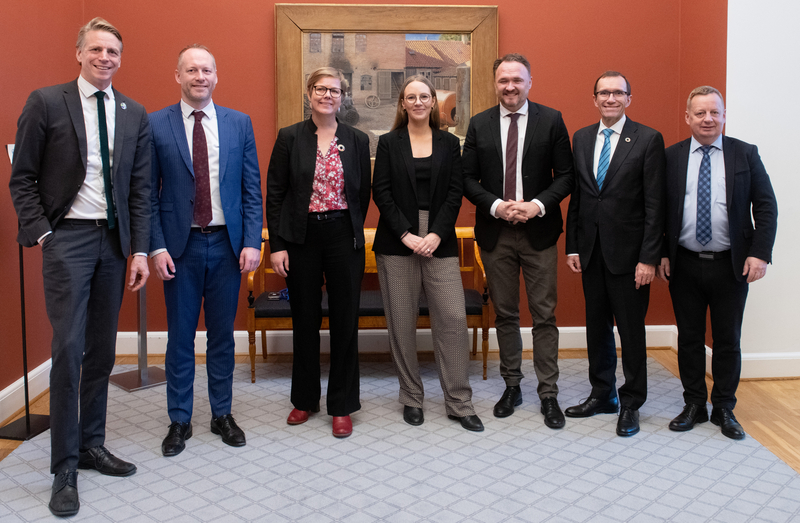Nordic Cooperation : Self-interest or Altruism?
Listen to a podcast on how Nordic cooperation works through politicians, civil servants and civil society, and how it is often more driven by self-interest than at first appears.

The Nordics are often seen as ethical countries as they have a reputation for being environmentally friendly and for giving a lot in development aid. While the Nordic countries have often been global frontrunners in these two areas, they are of course not only motivated by altruism or the wish to act collectively; decision-making is complex and often has more to do with self-interest, diplomacy and national politics.
In this podcast, two historians lift the curtain on how Nordic cooperation has functioned since the 1960s with respect to environmentalism and development aid – on a national, regional and global level. Sunniva Engh has researched development aid in the Nordics and its interplay with other policy areas, and Melina Antonia Buns is an international environmental historian and has researched environmental cooperation in the Nordics.
Podcast

Links:
- COP26: Choosing Green
- Nordic Civil Societies – a project based at the University of Oslo’s UiO:Nordic.
- Melina Antonia Buns, Marching Activists: Transnational Lessons for Danish Anti-Nuclear Protest on the Environmental and Society Portal, Autumn 2017.
- Sunniva Engh (in Norwegian, on norgeshistorie.no):
- Bistand til befolkningstiltak [Assistance for population measures]
- Norsk utviklingshjelp 1945–1970 [Norwegian Development Aid 1945–1970]
- Bistand: de store prosjektenes tid [Assistance: the time of the big projects]
- Sunniva Engh and Hanne Hagtvedt Vik (in Norwegian, on norgeshistories.no):
- Norsk utviklingshjelp etter 1970 [Norwegian development aid after 1970]
